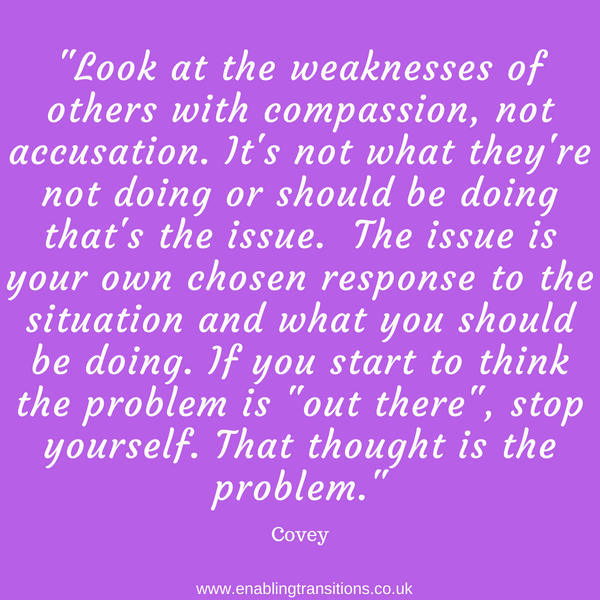Stop Being Judgemental, I hate it!

Have you ever been told you are too judgemental? Have you met others who are judgemental? It’s not nice is it? And being judgemental is not seen as being a good thing.
Having said that we are all full of judgements developed through childhood, our families, our culture, our values and our experiences. Sometimes judgements will stay with us all our lives. Sometimes our judgements keep us feeling safe and secure, for instance we might stay in well-lit areas on a walk home after a night out rather than walking through a dark passage way. So judgements give us choice. Over time and experience our judgements can change or modify.
We all make judgements but not everyone will be judgemental.
Being judgemental is judgements gone bad
Judgemental people
- Are more verbally judgemental so they let you know when they don’t approve
- Are often more angry or negative – their judgemental thoughts seep out
- May not love themselves and become judgemental to feel like they are better or more superior
- Are seen to be poor with people often upsetting them or creating conflict
- Make people feel more guarded around them
- Make people feel unsafe emotionally and therefore less likely to share their problems
To be non-judgemental takes conscious effort and practice.
Here are some tips to being less judgemental.
1. Be aware of your judgements. What are your judgements, biases or opinions in life?
2. Catch your judgemental body language – do you roll your eyes at a parent struggling to handle a crying baby or similar situations?
3. Catch your judgemental language – There is a difference between, “I’d like you if you didn’t swear” and “I wish you didn’t swear”.
4. Challenge your judgements. Challenge and understand where your judgemental thoughts come from. Do they come from childhood or experiences? Are these judgements right for you? Can you choose to see things differently?
5. Practice seeing the good in people – positive people tend to be positive about others.
6. Accept people for who they are. Be a supporter of the thought that, “everyone has the right to be who they are”.
7. Practice “hate the sin not the sinner” (Carl Rogers) – reject or dislike someone’s behaviour but accept the person.
8. Own your judgements and how they make you feel. Try saying to yourself, “When person does xxx, I feel???” Just because the judgements seem right to you doesn’t mean they are right.
9. Being aware of situations where your judgements may seep out and take control so your judgements don’t impact negatively on others. This may mean avoiding those situations. You have the choice.
10. Treat people like you want to be treated. Be aware that being judgemental often offends people, can impact on other people’s confidence and self-esteem. If someone was judgemental towards a member of your family or close friend you wouldn’t like it or think it was fair.
Time to reflect
What / who are you judgemental about
Where does that judgment come from?
Is it ok or is it time to modify that judgement?
How can you be less judgemental?
| Print article | This entry was posted by Denise on August 2, 2018 at 4:02 pm, and is filed under Personal Development. Follow any responses to this post through RSS 2.0. Both comments and pings are currently closed. |
Comments are closed.





